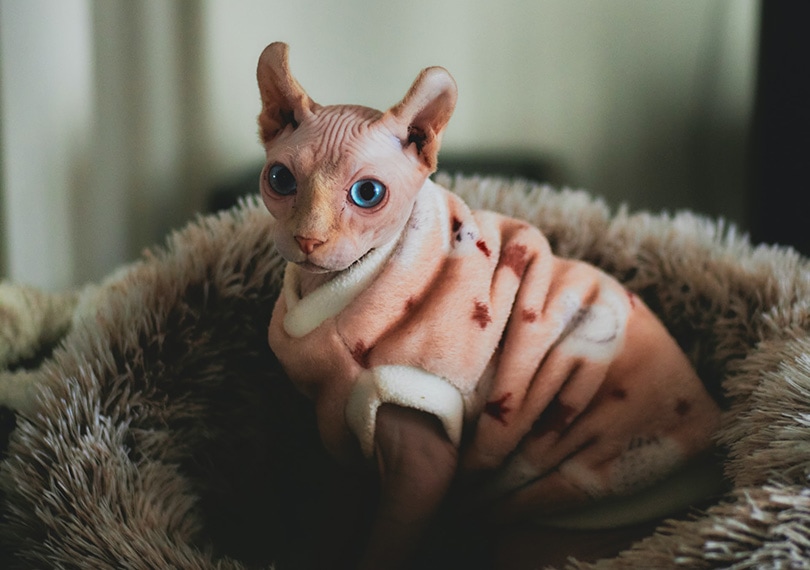
Click to Skip Ahead
Note: This article’s statistics come from third-party sources and do not represent the opinions of this website.
While there is some argument over what exactly counts as an “exotic” pet, many people consider anything that isn’t a dog or a cat to fit into this category. Some farm animals may even fall under “exotic pets” if they are kept for companionship and not primarily for practical purposes.
That said, there is quite a bit of controversy surrounding the exotic pet trade. Keep reading for the most up-to-date exotic pet trade statistics.
The 11 UK Exotic Pets Statistics
- The popularity of exotic pets in the U.K. has nearly doubled since 2000.
- There are currently around 4,000 “wild” animals being kept as pets in the U.K.
- Reptiles are the most popular type of exotic pet kept in the U.K.
- Over 13,000 different exotic species are kept as pets in the U.K.
- Most exotic pet stores sell more than one species.
- Reptiles are sold at 42% of all exotic pet stores.
- Mortality rates of exotic pets at pet stores are quite high.
- Exotic pets in the U.K. are likely to carry diseases.
- Salmonella outbreaks are common among exotic pets.
- Many exotic animals become pests after they are released.
- There have been many exotic pet attacks on owners.

Popularity of Exotic Pets
1. The popularity of exotic pets in the U.K. has nearly doubled since 2000.
(One Green Planet)
The popularity of exotic pets has risen in recent years. Anyone in Britain can keep an exotic pet if they get a license, which is not difficult to do. There are all sorts of animals listed as exotic in the U.K., ranging from scorpions and elephants.
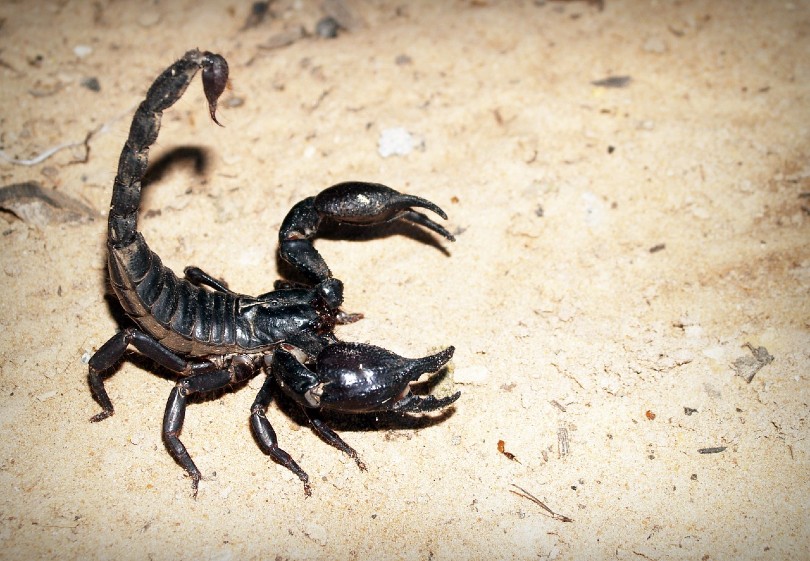
2. There are currently around 4,000 “wild” animals being kept as pets in the U.K.
(Born Free)
A “wild” pet includes everything from venomous lizards and scorpions to camels. Big cats, like lions and primates, are also included. Many of these animals are owned by the same people, though, likely for the use in zoos and similar organizations.
Specifically, 210 licenses were given out in 2020 for dangerous animals, but these licenses covered 3,951 different animals.
3. Reptiles are the most popular type of exotic pet kept in the U.K.
(Animals)
Out of all the types of exotic pets, reptiles are the most common, with the current number at around 64,810 reptiles. Amphibians were next at 54,634. Mammals only included 6,479 different individuals.
It is unclear exactly what reptiles are being kept.
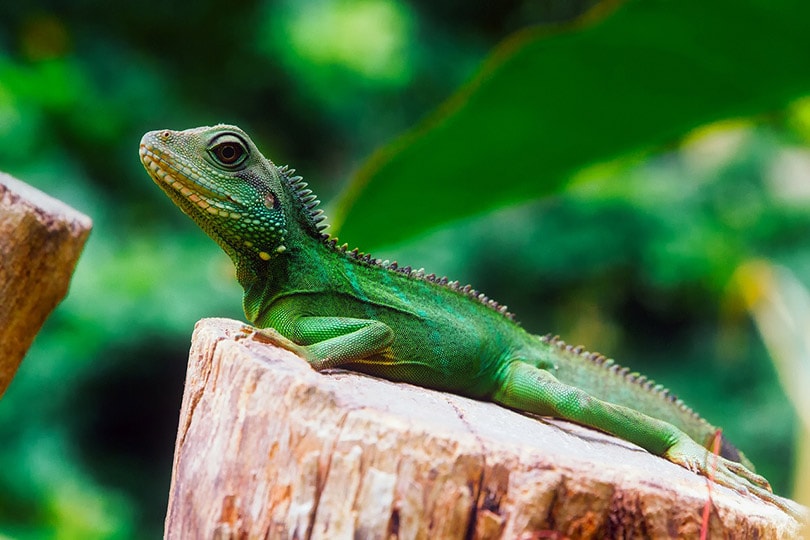
4. Over 13,000 different exotic species are kept as pets in the U.K.
(Journal of Veterinary Behavior)
In total, there are around 13,000 different species from all major animal classes that are currently being kept in the U.K.
Exotic Pet Stores
5. Most exotic pet stores sell more than one species.
(Born Free)
Most pet stores sell more than one species. Specifically, 57% reported that they sold more than one kind of exotic pet. Since these stores are selling different species, the odds of them being educated on the care of all the species that they sell is low. In fact, many of these stores indicate that the provided care is not adequate.
For instance, staff at some shops did not correctly identify types of primates and suggested that they could be housed in parrot cages.
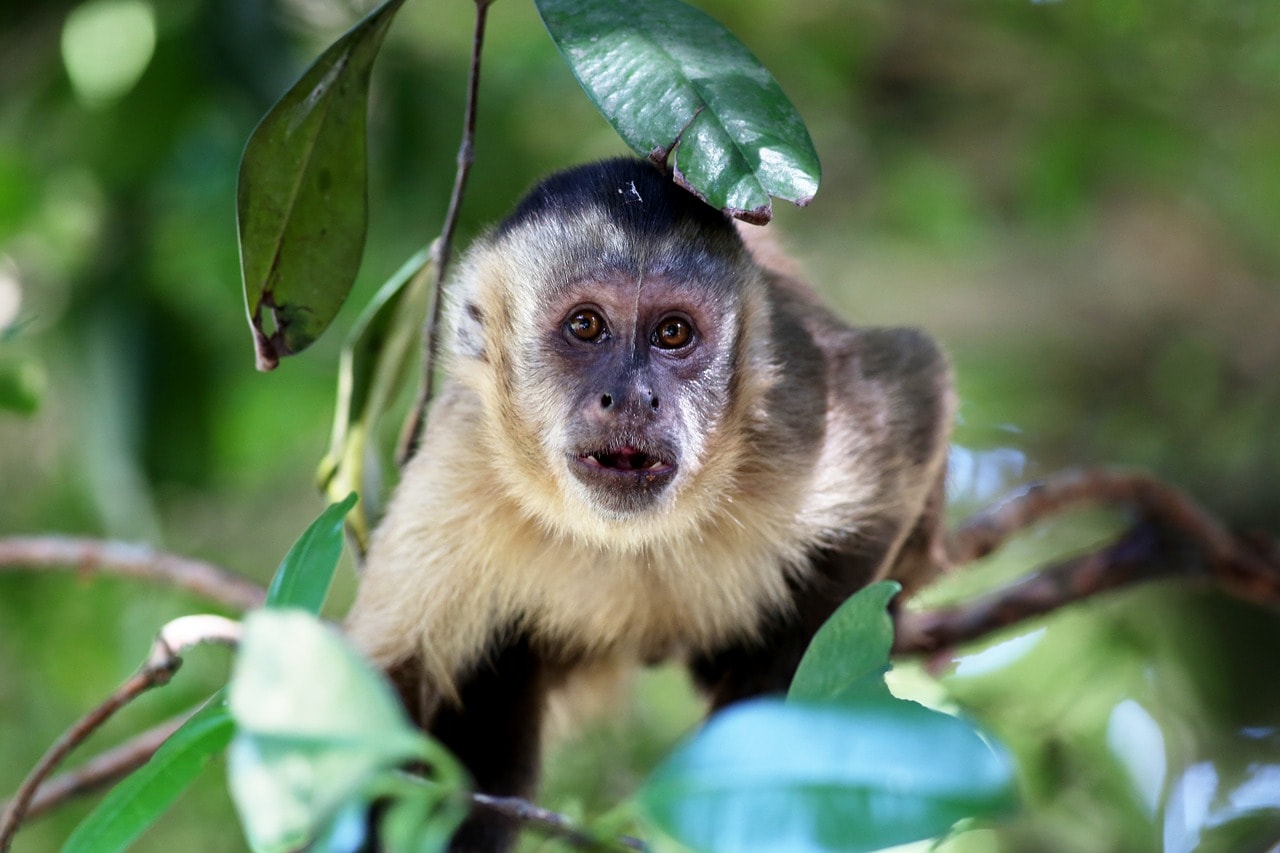
6. Reptiles are sold at 42% of all exotic pet stores.
(Born Free)
Reptiles are the most common pets sold at these stores, with over 40% of all exotic pet stores in the U.K. selling at least one type of reptile. It isn’t odd for stores that sell reptiles to sell other kinds of exotic pets, including chameleons, monitor lizards, venomous snakes, and crocodilians.
7. Mortality rates of exotic pets at pet stores are quite high.
(Journal of Applied Animal Welfare Science)
Many animals are imported into the U.K., which means they must undergo a stressful shipping process. Furthermore, they are usually not well taken care of at pet stores, which often consider themselves as temporary holding places for these animals. Therefore, not all pet stores provide liveable solutions for their animals because they don’t expect them to be there for long.
One major international wholesaler had over 3,500 deceased animals during one inspection, which represented 12% of their stock. Around 80% of its animals were sick, injured, or dead, and the remaining 20% were not being held in proper conditions.
The most common causes of morbidity were “cannibalism, crushing, dehydration, emaciation, hypothermic stress, infection, parasite infestation, starvation, overcrowding, stress/injuries, euthanasia on compassionate grounds,” according to the report. Most animals were being kept in dirty conditions and provided with inappropriate food and water.
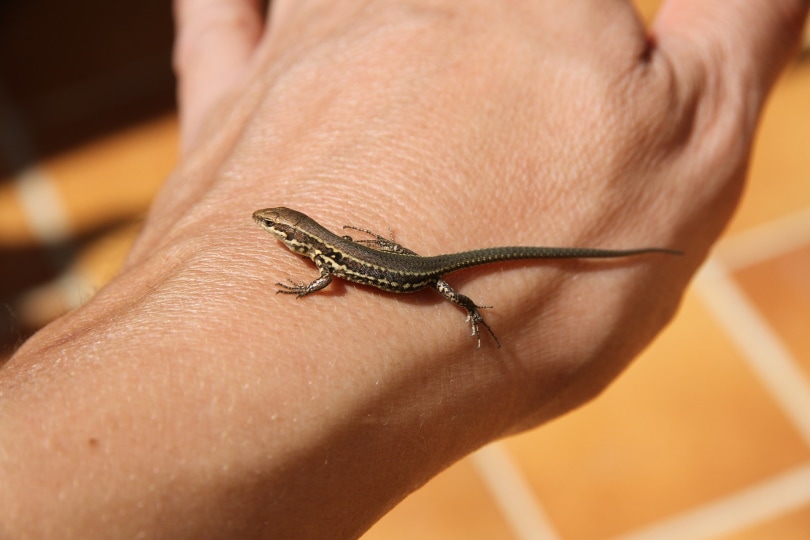
Exotic Pet Safety
8. Exotic pets in the U.K. are likely to carry diseases.
(Ecohealth)
Many importers catch exotic pets in the wild. In fact, over 77% of all wild animal imports were captured in the wild, with the most common region of origin being Indonesia. However, Mexico was the country with the leading source of illegal shipments.
Since these animals are caught in the wild, the odds of them carrying parasites or other diseases are extremely high. For this reason, they pose a public health risk, especially considering that many diseases can jump to the owner of the animal.
Also, wild animals are less likely to adapt to captivity, increasing the odds that the animal will die soon after being adopted.
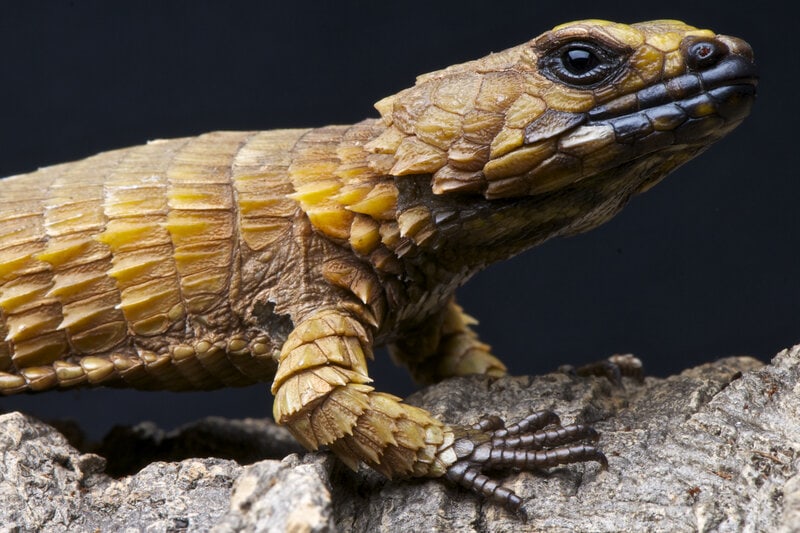
9. Salmonella outbreaks are common among exotic pets.
(Journal of Pediatrics)
Salmonella is carried by many exotic animals. For instance, turtles and many other reptiles almost always carry this disease.
While salmonella is not exceedingly dangerous, it can be deadly for those with a repressed immune system. Therefore, you have to be quite cautious when handling reptiles, even if they have been owned and captive for a long time.
10. Many exotic animals become pests after they are released.
(Frontiers in Ecology and the Environment)
Exotic pets pose a major risk to the natural environment in the U.K. Many exotic pets are released, though we don’t have the exact statistics on release numbers. We do know that up to 10% of fish are released at some point, but we do not have any published studies on the release of mammals, birds, and similar exotic pets.
However, it is suggested that pet releases are underreported. Current data is considered to be lower than reality.
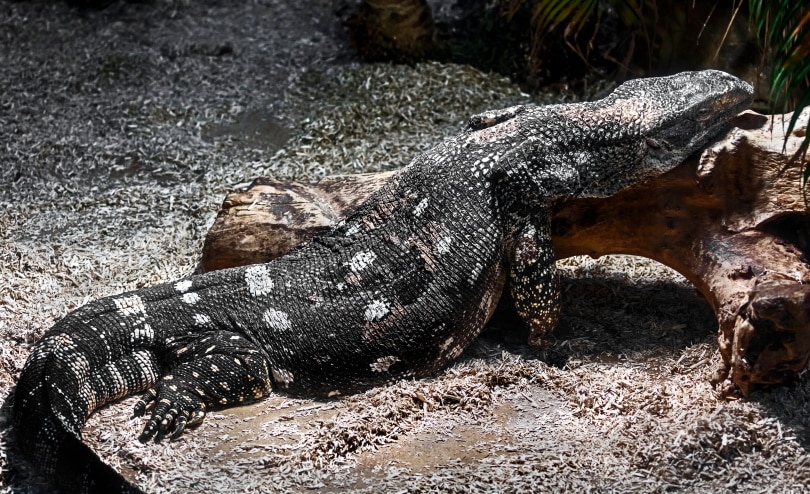
11. There have been many exotic pet attacks on owners.
(Live Science)
Many pets will bite their owner from time to time. But when you’re dealing with big cats and similar animals, the odds of a bite turning serious are quite high. For instance, there have been 21 deaths by big cats since 1990.
Other animals can also cause deaths. Elephants have caused 14 deaths, for instance. Even animals like deer can cause deaths due to attacks.
However, for every death, there are dozens of attacks.
Frequently Asked Questions
How Many Exotic Pets Are in the U.K.?
Currently, there are nearly 4,000 dangerous wild animals in the U.K. being kept under license. This statistic does not include animals that are not considered “wild,” such as captive-bred reptiles and fish. However, this statistic does contain animals that you may not necessarily consider dangerous, like camels, as many of these are generally safe animals but have been linked to deaths. (Born Free)
Of course, we have no idea how many illegal pets are currently in the U.K., so this statistic does not include those animals.
In the end, while 4,000 is the official number, there are likely far more illegal pets being kept in the U.K.
How Much Is the Exotic Pet Trade Worth?
Worldwide, the illegal exotic pet trade is worth more than $10 billion. Of course, it is difficult to get an accurate statistic. The people illegally transporting these animals are not providing authorities with accurate information on how much their business is worth. (CNBC)
We don’t have any exact statistics on how much the exotic pet trade in the U.K. specifically is worth. However, it does have a sizeable portion of the international exotic pet trade.
The legal exotic pet trade is worth about $5 billion, at least.
What Exotic Pets Are Legal in the U.K.?
There are many legal exotic pets in the U.K. However, you do need a license to own nearly any exotic animal. Anyone can get one of these licenses, though. It’s just a matter of applying and getting approved.
If the animal is considered “dangerous,” there are more barriers to keeping it. That said, it’s still possible to own animals like venomous snakes and even big cats — as long as you have the correct license.
To get a license, you have to prove that you have the knowledge and ability to keep the animal safe and well taken care of. Exactly what this implies varies from animal to animal. Generally, this involves providing the correct diet, environmental needs, and protecting them from suffering.
The U.K. government website has a list of dangerous animals that require a permit. (Legislation.gov.uk)
Does the U.K. Import Many Exotic Pets?
While the U.K. does regularly import exotic pets, it is not one of the top countries in the world for this. The top three countries are Peru, the U.S.A., and Vietnam.
However, owning wild animals has gone up in the U.K. over the last two decades, and many animals purchased are imported.
If you’re looking for an exotic pet, it is not recommended to import them, legal or not. The shipping process is stressful on all animals, which can make them sick. Plus, these animals are often not kept in great conditions when being shipped.
Therefore, it is always best to buy captive-bred animals from places based in the U.K. These animals are less likely to be stressed because they often don’t have to be shipped or at least not for great distances. (PLoS One)
Can I Own a Tiger in the U.K.?
Technically, yes, you can own a tiger in the U.K. However, you have to go through a licensing process that involves proving that you can care for the animal. For a tiger, this is going to be complicated.
After all, tigers are dangerous and require more care than most other animals out there.
The odds of being granted one of these licenses are quite low. They are usually only given to those with extensive facilities who can obviously care for a tiger. You have to prove that the public won’t be at risk if you have a tiger. The accommodations must be secure enough to prevent it from escaping, for instance.
The Dangerous Wild Animals Act 1976 lists the following as needing to be suitable: “construction, size, temperature, lighting, ventilation, drainage and cleanliness and which is suitable for the number of animals proposed to be held in the accommodation.”(Legislation.gov.uk)
Of course, you also have to prove that the animal will be in good care. Food, drink, and bedding must be provided that suits the tiger specifically.
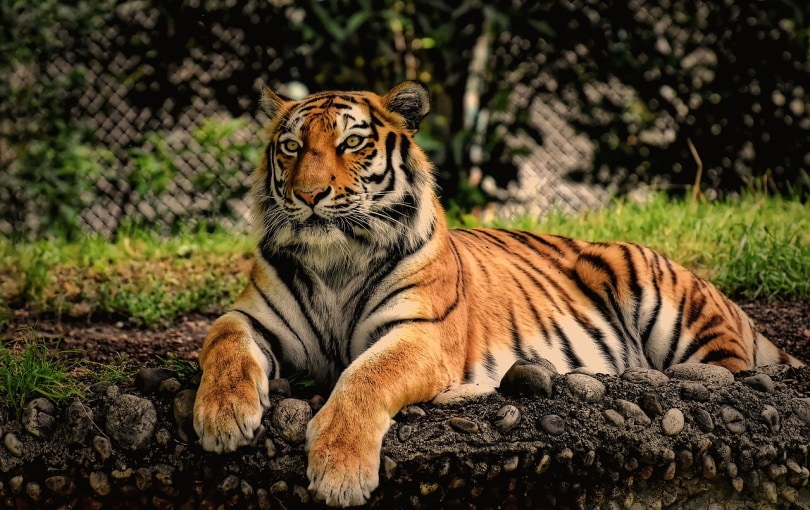
Can I Own a Monkey in the U.K.?
Most monkeys are legal to own in the U.K. with the proper license. Of course, you’ll need to go through the licensing process with your local council. During this process, you’ll need to prove that you can safely house the animal.
Not only will you need to prove that the monkey will be taken care of properly, but you’ll also need to prove that the monkey won’t potentially harm the public. While monkeys aren’t as dangerous as some other animals, they are still considered dangerous under U.K. law. Therefore, you have to prove that the monkey won’t escape and potentially harm someone.
Can I Own a Penguin in the U.K.?
To own a penguin in the U.K., you have to prove that you can safely take care of it and prevent it from potentially harming the public. Obviously, a penguin is less likely to escape and hurt someone than a tiger, for example. However, they do require specific needs that are hard to meet.
First, you’ll need a climate-controlled room that is big enough for the penguin. Water will likely be necessary too. You’ll also need to prove that you can provide the correct food and enough mental stimulation to the animal.
Many penguins are social creatures, so you may be required to adopt multiple penguins.
For these reasons, keeping a penguin in the U.K. is much more difficult than some other exotic animals. Keep this in mind if you’re considering adopting one.
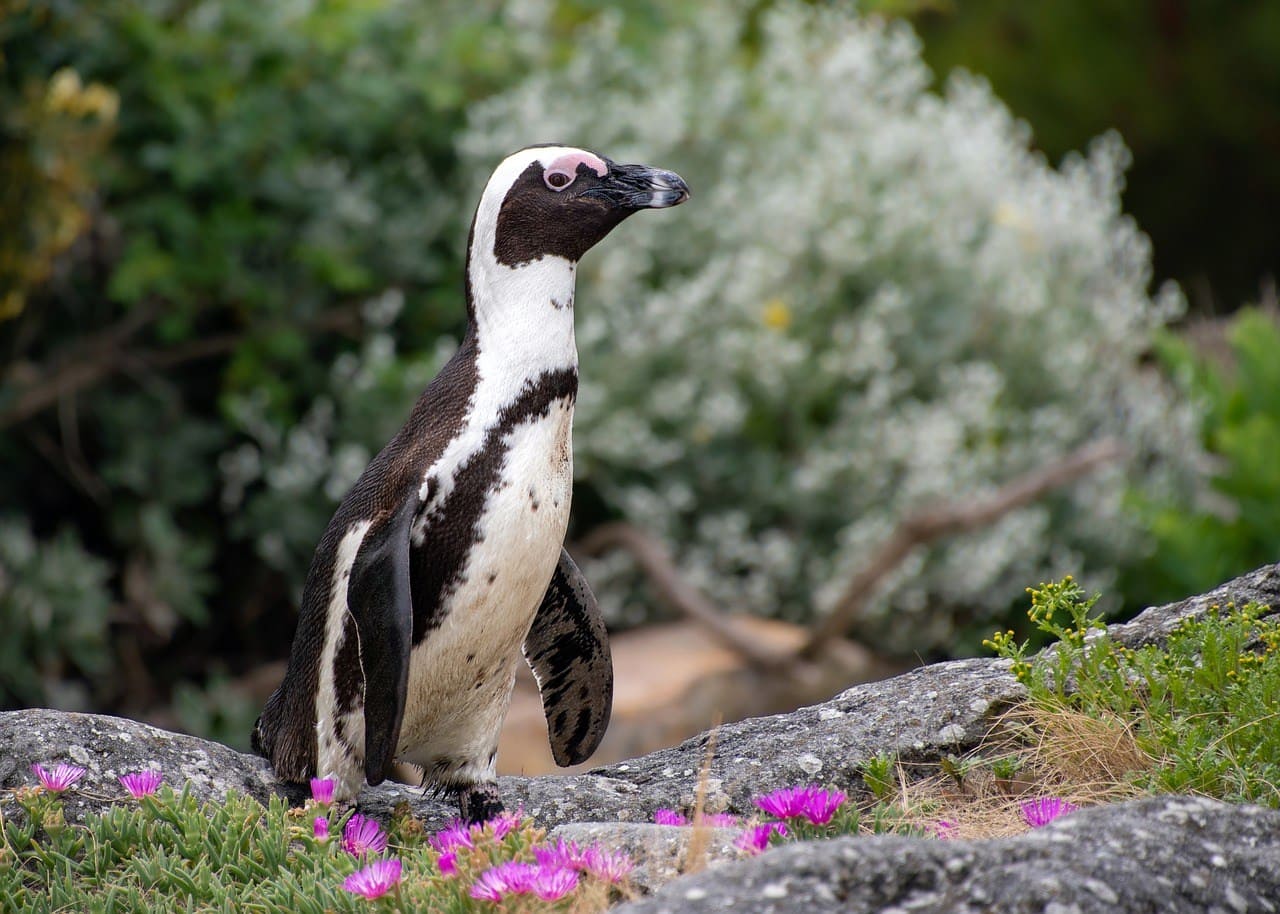
Conclusion
The exotic pet trade in the U.K. is becoming more popular. However, many experts are concerned regarding the proper care and safety of these exotic pets. While licensing is required in the U.K., many exotic pets are not licensed, especially if they are on the smaller side.
Most people couldn’t get away with illegally owning a tiger, but owning small monkeys and venomous snakes is far easier.
Even when legally kept, these animals may pose a risk to others. Many of them are released into the wild, where they can displace native species. If a foreign species begin breeding in the wild, it can lead to the extinction of many native animals.
Furthermore, it isn’t odd for exotic animals to be kept in improper conditions. Illegally importing animals usually leads to high mortality rates because these animals are not kept in proper conditions. Even legal pet stores don’t often take proper care of their animals.
Featured Image Credit: islavicek, Shutterstock


